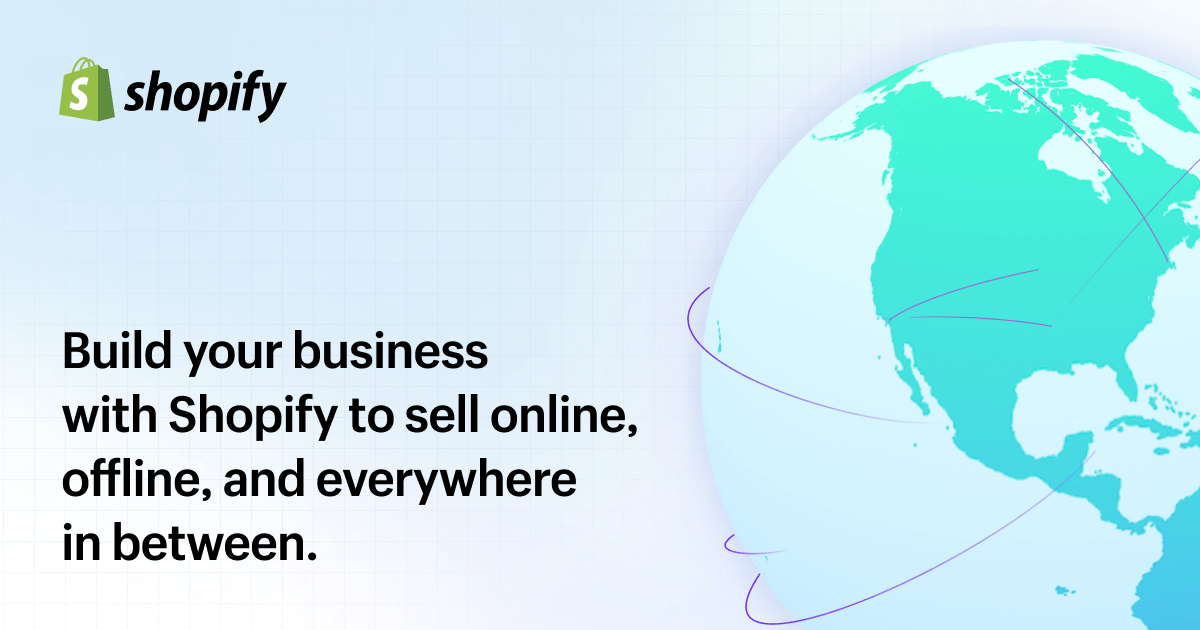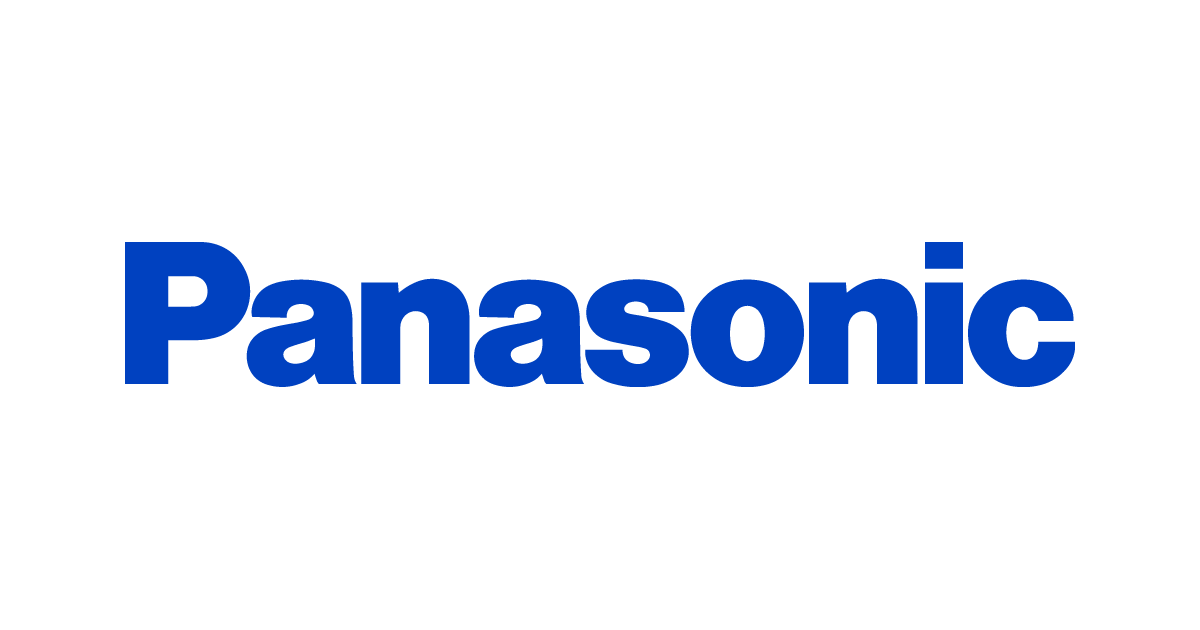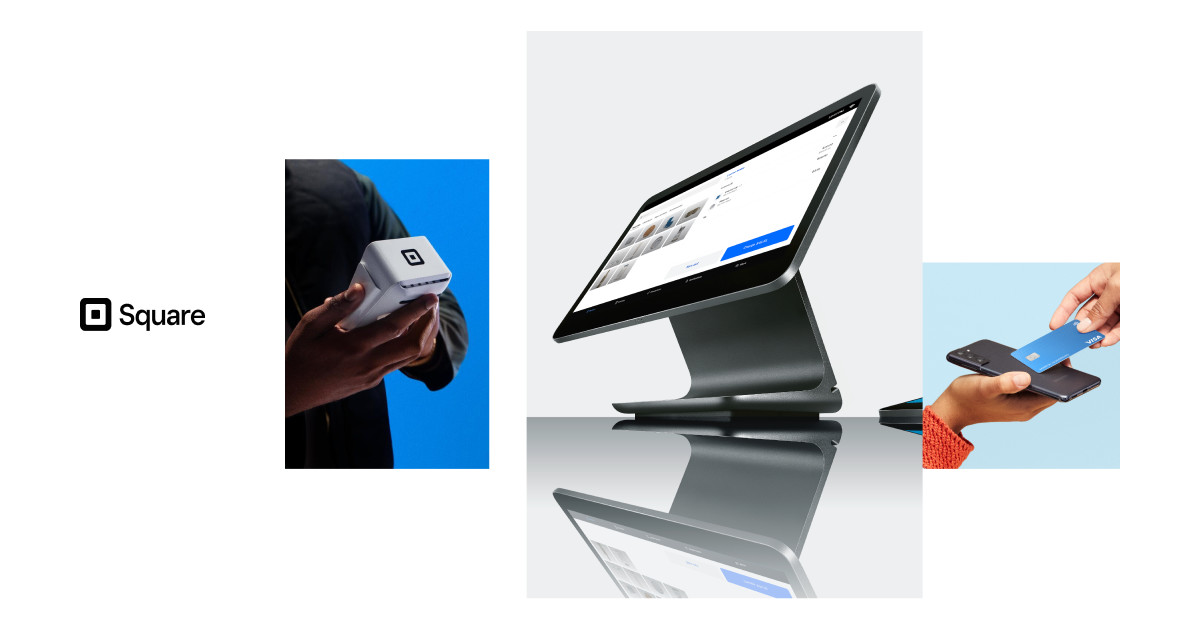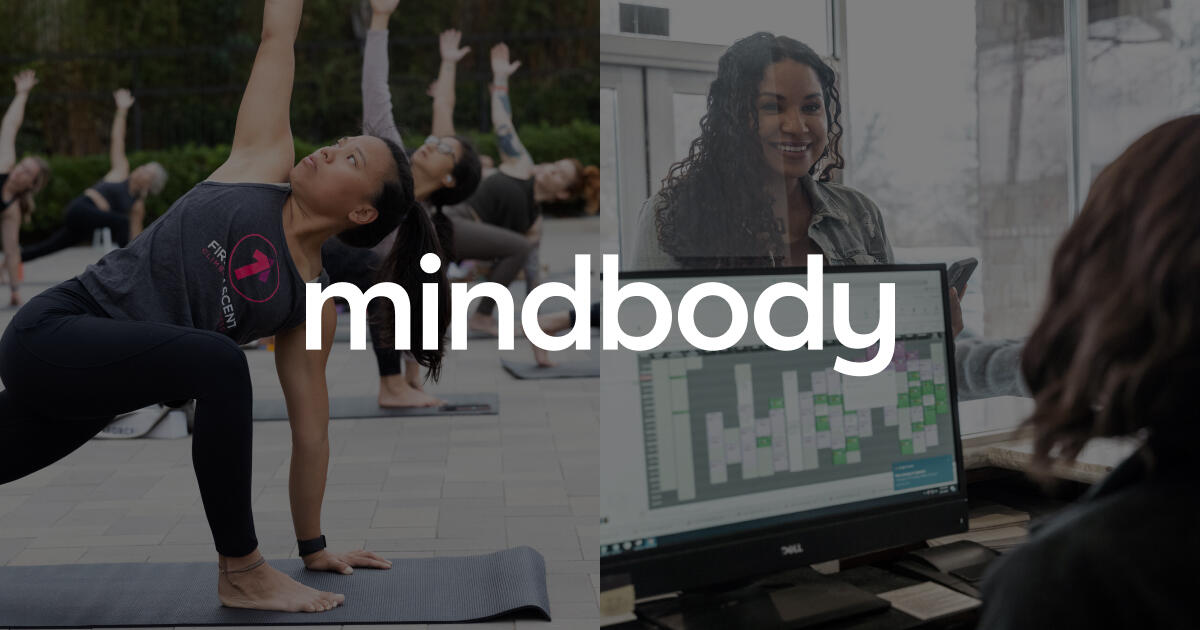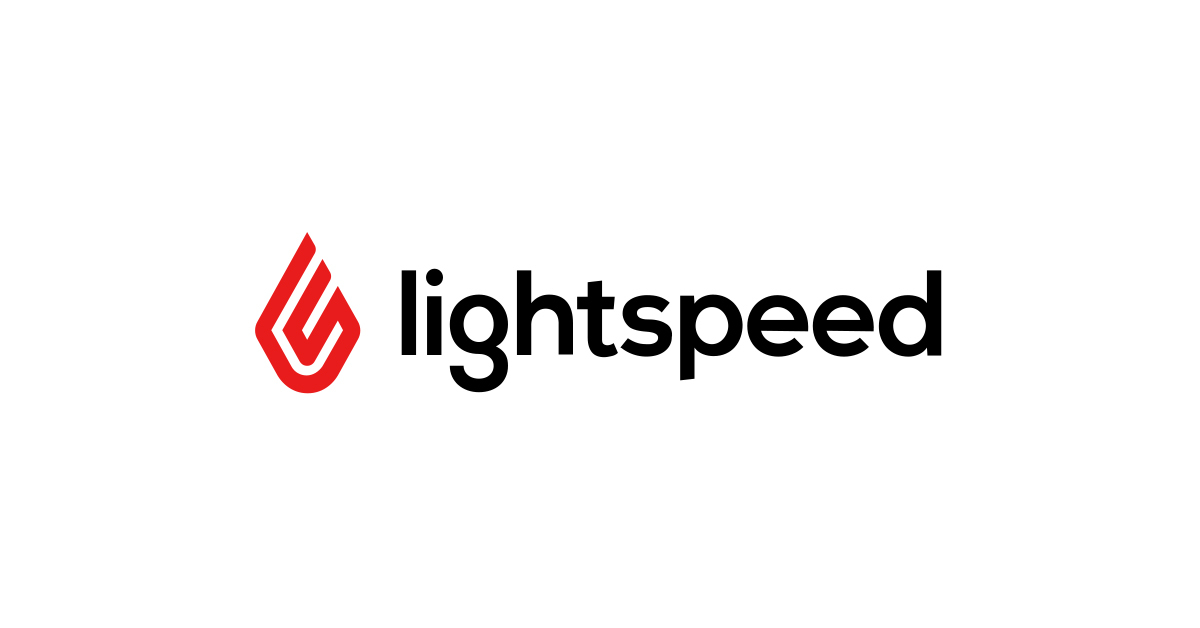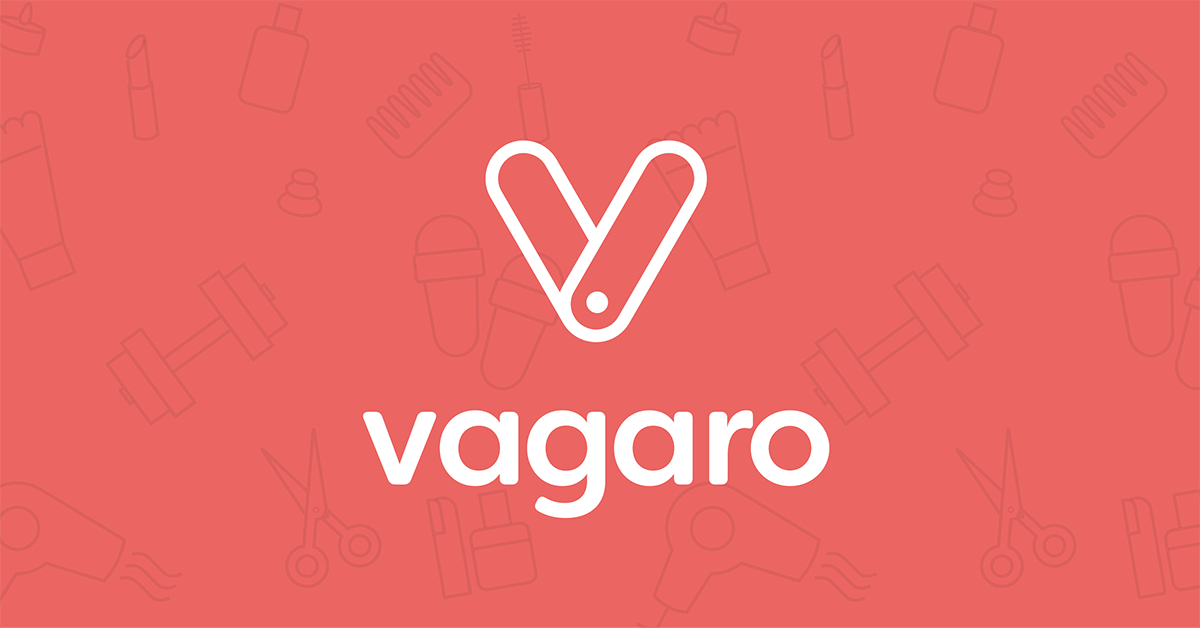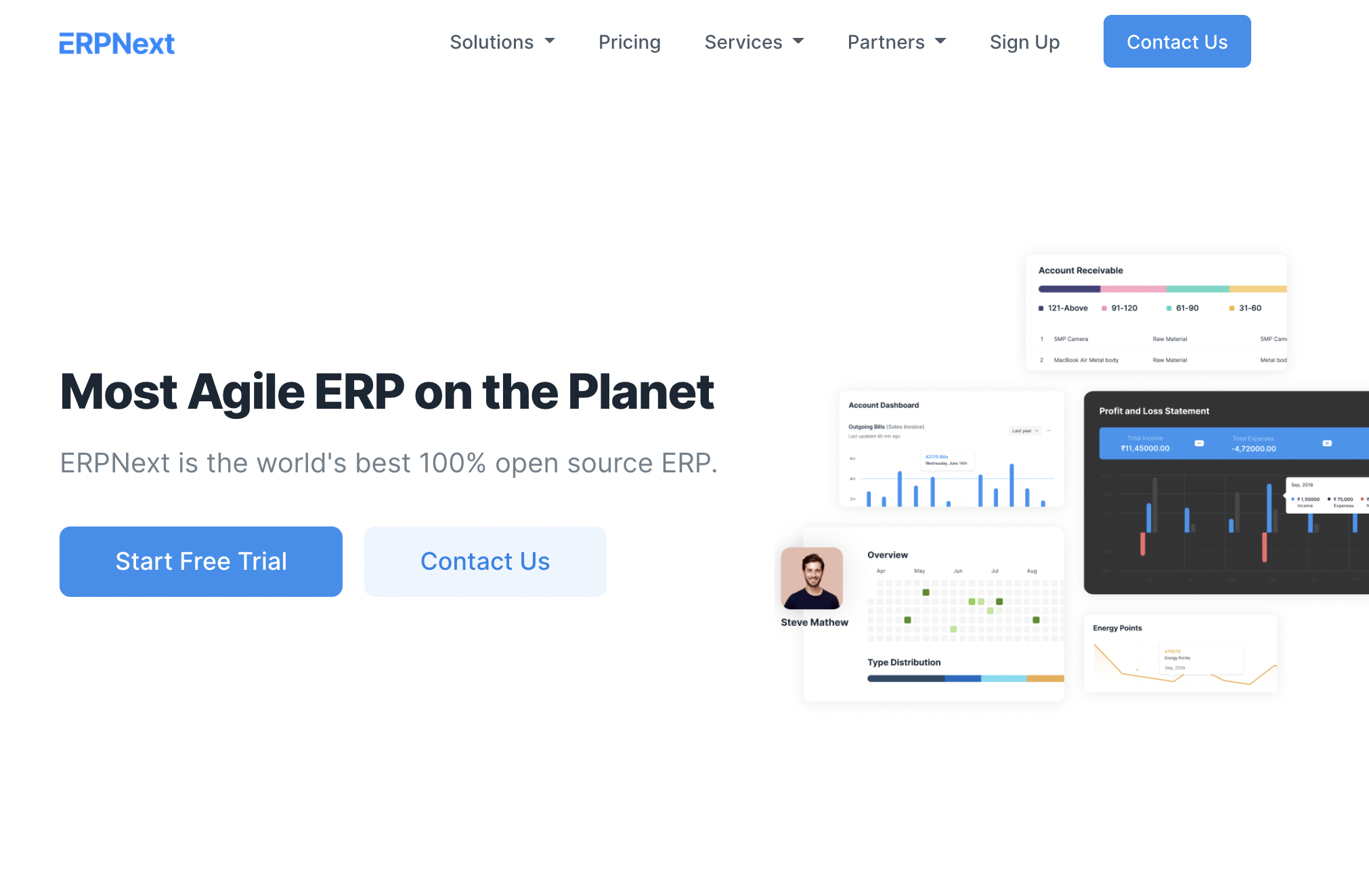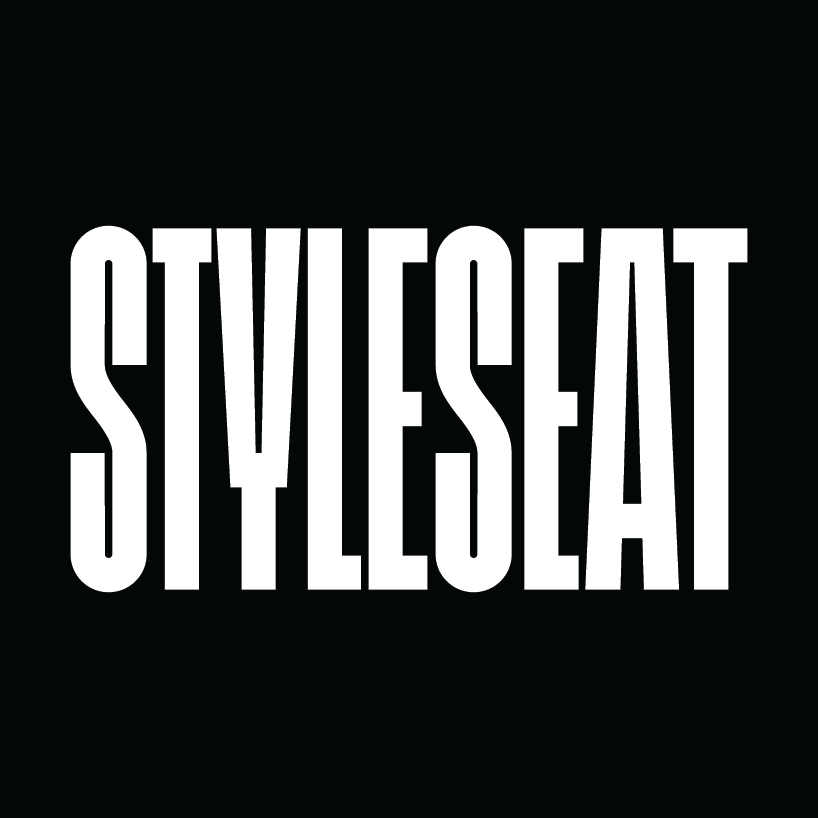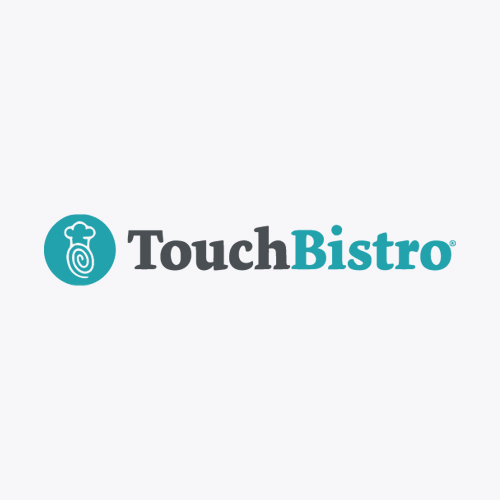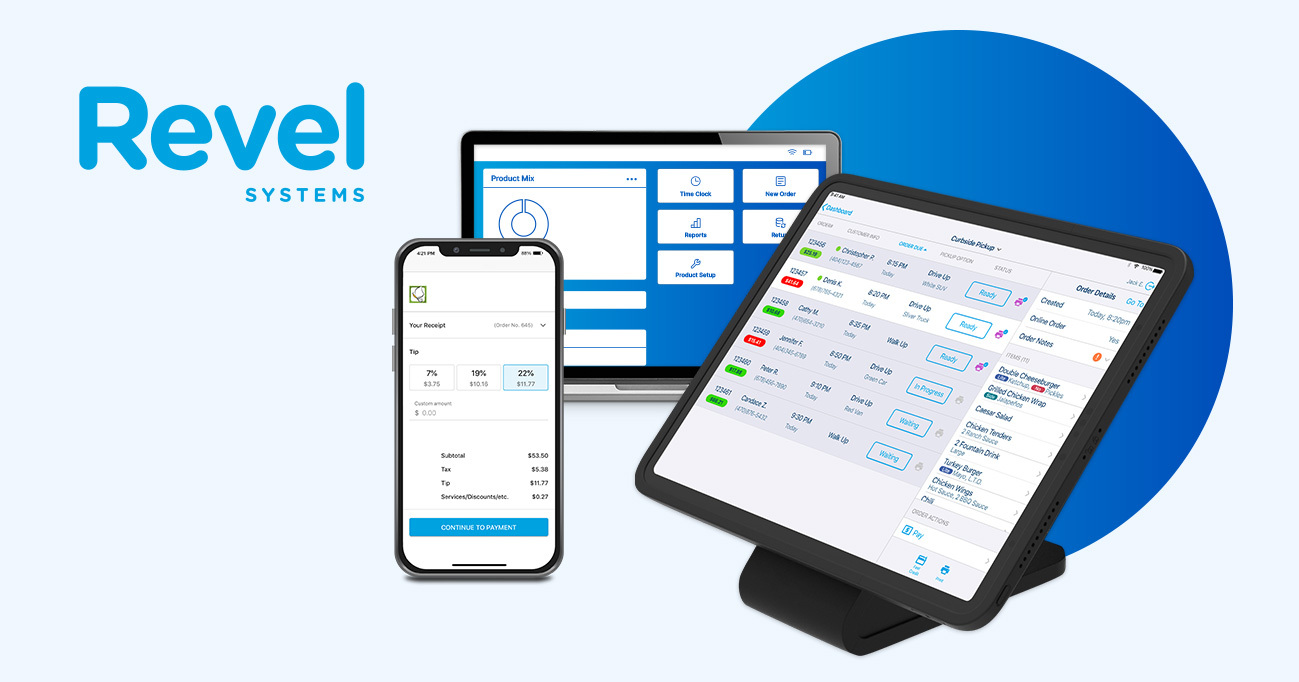Introduction
As retailers look to optimize operations and boost sales in the new year, investing in a robust retail management system is key. A fully-featured POS, inventory and CRM platform allows businesses to streamline processes, gain insights and provide amazing customer experiences both online and in-store. This blog post evaluates the top 15 retail management solutions in areas like ease of use, feature set, pricing and customer satisfaction to help businesses determine the best fit for 2023.
Methods of Evaluation
Each solution was evaluated based on conventional criteria like features, pricing, support and integrations. However, additional weight was given to modern ranking factors like the monthly organic search traffic and number of backlinks to gauge true marketplace popularity and thought leadership. Keyword trend data was also analyzed to identify systems poised for growth. The top performers check all the boxes for functionality while also demonstrating commitment to customer success.
1. Shopify
Shopify is a leading retail management system that allows businesses to easily set up and manage online stores across web, mobile and social selling channels. Founded in 2004 and headquartered in Ottawa, Canada, Shopify powers over 1 million businesses in approximately 175 countries. Their mission is to make commerce better for everyone by giving entrepreneurs of all sizes the tools they need to turn their ideas into thriving businesses.
Pros: Some key advantages of Shopify include:
– Simple and easy to use interface
– Built-in ecommerce, marketing and payment features
– Mobile compatible for on-the-go reporting
– Robust app marketplace with over 3,500 integrations
– Affordable pricing plans for businesses of all sizes
Cons: One potential disadvantage is that higher-volume merchants may outgrow Shopify’s capabilities and need an enterprise-level solution. However, for most small and mid-sized businesses, Shopify offers a very comprehensive option.
Pricing: Shopify offers four pricing plans – Basic Shopify at $29/month, Shopify at $79/month, Advanced Shopify at $299/month, and Shopify Plus which is custom-quoted based on business needs. All plans include core ecommerce functionality, while higher tiers unlock more advanced features such as additional storage, traffic, and product options.
Some key stats about Shopify include:
– Over 1 million merchants in approximately 175 countries use Shopify
– Processes over $300 billion in gross merchandise volume (GMV) annually
– Available in 18 languages
– Integrations with over 3,500 apps on the Shopify App Store
2. Panasonic Toughbook POS
Panasonic Toughbook POS is a rugged point-of-sale (POS) system designed for challenging retail environments. Built on durable Panasonic Toughbook laptops, the system features hardware capable of withstanding drops, spills and extreme temperatures. It integrates seamlessly with popular third party POS software for a complete retail management solution.
Pros: Some key advantages of the Panasonic Toughbook POS system include:
– Rugged hardware optimized for harsh retail environments prone to spills, drops and temperature fluctuations
– Integrates seamlessly with common POS software like Shopify, Vend and Lightspeed for a turnkey solution
– Durable design proven to withstand challenges of the retail store environment for many years of use
Cons: A potential disadvantage is the higher upfront cost compared to consumer-grade POS systems, though the ruggedized design aims to provide long term savings through durability and uptime in challenging environments.
Pricing: Pricing for the Panasonic Toughbook POS system varies based on configuration but typically ranges from $1500-2500 per unit. Additional costs include software licensing and custom installation/integration services that may be required.
Some key stats about the Panasonic Toughbook POS system include:
– Ruggedized laptops drop tested up to 1.2 meters and sealed to resist dirt and liquids
– Operates between temperatures of -10°C to 50°C
– Lightweight design weighing under 2.5 kg for mobility in stores
– Battery life of over 8 hours on a single charge
3. Square
Square is a leading omnichannel commerce platform and point-of-sale system for both online and offline transactions. Founded in 2009 and headquartered in San Francisco, Square helps merchants of all sizes run their businesses and explore new services like same-day delivery and financial services to grow sales. With Square, merchants can accept any payment type in person or online, manage inventory, build loyalty, and gain insights into their customers and business performance.
Pros: Key advantages of using Square include:
– All-in-one POS, inventory, and loyalty system
– Seamless offline and online integration for omnichannel sales
– Provides omnichannel commerce solutions like online stores, omnichannel fulfillment, and same-day delivery
– Features tailored for restaurants and retailers like employee management, table management, and item cataloguing
Cons: A potential disadvantage is that the monthly subscription pricing can become more expensive for higher volume merchants compared to other POS systems with transaction-based pricing models.
Pricing: Square pricing plans start at $15/month for basic card acceptance and $39/month for the Square Register plan which includes all standard POS features. Higher plans with analytics and more advanced features are priced at $75-$250/month depending on usage and optional add-ons.
Some key stats about Square include:
– Processed over $185 billion in gross payment volume in 2021
– Has over 6 million sellers using its commerce ecosystem
– Facilitates millions of daily in-person transactions
– Operates in more than 100 markets globally
4. Mindbody
Mindbody is one of the leading retail management systems for health, wellness and beauty businesses. Founded in 2001, Mindbody provides an all-in-one business management platform for over 55,000 salons, gyms and wellness studios worldwide.
Pros: Key advantages of Mindbody include:
– Feature-rich platform purpose-built for wellness businesses
– Intuitive booking calendars that customers can easily browse and book classes, sessions and packages
– Customizable CRM, marketing and payment tools to help businesses promote and grow
– Data-driven insights and reporting to help businesses optimize operations and performance
Cons: A potential disadvantage is that the platform is more tailored towards larger wellness businesses compared to small independent practitioners or solopreneurs starting out.
Pricing: Mindbody offers several pricing plans starting from a Basic plan for $79/month upto an Enterprise plan customized for large brands. Additional per-transaction and equipment rental fees may apply. Integrations and add-ons can further customize the platform functionality.
Some key stats about Mindbody include:
– Serves over 55,000 businesses globally
– Processes over 450 million appointments and payments annually
– Integrations with over 150 third-party apps for additional functionality
5. Lightspeed
Lightspeed is a cloud-based point of sale and retail management system designed for small and medium sized businesses. Founded in 2005, Lightspeed provides a complete retail and hospitality platform to over 85,000 customer locations in over 100 countries.
Pros: Key advantages of Lightspeed include:
– Cloud-based system allows accessibility from anywhere
– Integrated ecommerce and POS capabilities
– Customizable to specific business needs
– Quick and easy setup
Cons: One potential disadvantage is the subscription pricing model which requires ongoing payments, though this also ensures always having the latest version.
Pricing: Lightspeed offers various subscription plans starting from $49 per month for basic retail plans with additional fees for payments processing. Plans include premium features and support appropriate for businesses of all sizes.
Some key stats about Lightspeed include:
– Over 85,000 customer locations globally
– Supports over 100 countries
– Integrated payments processing for major cards
– Mobile POS capabilities for both iOS and Android
6. Vagaro
Vagaro is a full-service salon and spa management platform that provides advanced booking, scheduling, customer relationship management (CRM), integrated payments, marketing automation and detailed business reporting and analytics to help beauty and wellness professionals run and grow their business. Founded in 2005 and based in San Francisco, Vagaro aims to be the easiest way for consumers to book appointments online and the most powerful yet intuitive software for professionals.
Pros: Some key advantages of using Vagaro include:
– Full-service salon and spa management in one integrated platform.
– Consumers can book appointments 24/7 online through Vagaro’s marketplace.
– Advanced booking and scheduling features for efficient appointment management.
– CRM tools allow professionals to nurture customer relationships.
– Integrated payments processing for credit card transactions.
– Marketing tools like targeted email campaigns and loyalty programs.
Cons: One potential disadvantages is that the full functionality of Vagaro requires a paid subscription, so there is an ongoing cost compared to some free basic scheduling tools.
Pricing: Vagaro offers four paid tiers:
– Basic: $39/month, includes online booking, calendar, CRM and marketing tools.
– Pro: $79/month, adds payment processing and more advanced features.
– Team: $119/month, for teams of 2-5 users.
– Elite: Custom pricing, for teams of 6 or more users with dedicated support.
Some key stats about Vagaro include:
– Over 50,000 salons, spas and fitness studios use Vagaro worldwide.
– On average, Vagaro users see a 20% increase in bookings and a 13% increase in revenue after onboarding.
– Vagaro processes over $2 billion in transactions each year.
– Consumers have posted over 7 million reviews on Vagaro.
7. Vend
Vend, now known as Lightspeed Retail, is a leading retail management system used by over 40,000 small and medium sized businesses around the world. Founded in 2003 and headquartered in Vancouver, Canada, Vend provides retailers with integrated POS systems, inventory management, reporting and analytics to help streamline their operations and grow their business.
Pros: Some key advantages of Vend include:
– Simple POS software for quick transactions
– Automated inventory management to avoid stockouts and optimize orders
– Customizable reports and analytics to understand sales trends and customer behavior
– Loyalty programs and gift cards included to increase average order values and engagement
Cons: One potential disadvantage is the monthly subscription fee which can increase total cost of ownership over time compared to one-time purchase software.
Pricing: Vend pricing starts at $99/month for a single user and basic features. Additional fees apply for additional users, modules and premium services. Custom quotes are available for larger stores and enterprise businesses.
Some key stats about Vend include:
– Over 40,000 customers globally
– Supports over 30 countries and available in 10+ languages
– Manages over $30 billion in annual sales
8. ERPNext
ERPNext is a free and open source ERP software focused on retail businesses. Developed by Frappe Technologies, ERPNext is a comprehensive, web-based ERP that supports core functions for retail operations such as inventory, purchasing, accounting, and sales.
Pros: Key advantages of ERPNext include:
– It is free and open source which eliminates licensing costs
– Advanced inventory management tools to track stock levels, locations, serial/batch numbers etc.
– Robust reporting and analytics modules to gain insights from sales, purchase and inventory data
Cons: One potential disadvantage is that as an open source solution, it may lack the dedicated support of a paid alternative. However, the developer community is quite active and provides online support forums.
Pricing: ERPNext is available free of cost for unlimited users and customizations. For production deployments and priority support, annual subscriptions start from $240 per year.
Some key stats about ERPNext include:
– Used by over 80,000 companies worldwide
– Supports 15+ languages
– Integrates with over 50 applications like Shopify, Magento, QuickBooks
9. Phorest
Phorest is a leading retail management system for salons, spas and barbershops. Founded in 2011, Phorest provides a full-service salon and spa management solution to over 9,000 customers worldwide. The software aims to help beauty and wellness businesses increase bookings and revenue through customizable online booking, CRM and marketing tools.
Pros: Some key advantages of Phorest include:
– Full-service salon and spa management software in one platform
– Customizable online bookings, scheduling and client profiles
– Integrated marketing and CRM tools to help drive repeat business
– Automated reporting on key metrics like revenue, utilization and more
Cons: A potential disadvantage is the monthly subscription pricing which requires an ongoing financial commitment from businesses.
Pricing: Phorest offers pricing plans starting from $49 per month for a single user package. Premium packages with additional features are available for larger teams and businesses. All plans require an annual contract to be paid upfront.
Some key stats about Phorest include:
– Over 9,000 customers globally
– Fully customizable designs, layouts and branding
– Advanced CRM and loyalty program tools
– Automated reporting and marketing workflows
10. Styleseat
Styleseat is an online booking and client management platform designed specifically for beauty and wellness professionals like hair stylists, nail technicians, estheticians and more. Since 2011, Styleseat has helped over 100,000 professionals run and grow their businesses. They offer a complete client and booking solution that is optimized for both desktop and mobile usage.
Pros: Some key advantages of Styleseat include:
– Complete booking and client management functionality allows professionals to manage appointments, client intake forms, payments and more.
– Mobile optimization and custom mobile booking forms ensure clients can book from any device.
– Integrated POS, CRM and loyalty programs help professionals run their business more efficiently.
– Real-time reporting and automated workflows like reminders streamline operations.
Cons: One potential disadvantage is that the pricing plans only offer basic support via email during standard business hours on weekdays.
Pricing: Styleseat offers three pricing tiers:
– Basic Plan: $25/month with a $99/year subscription. Includes online booking, client profiles and payments.
– Pro Plan: $45/month with a $169/year subscription. Adds team management, advanced reporting and mobile booking.
– Premier Plan: $95/month with a $379/year subscription. Includes all features plus custom branding and priority support.
Some key stats about Styleseat include:
– Over 100,000 beauty and wellness professionals currently use Styleseat worldwide.
– $1 billion in total annualized booked services on the platform.
– Average monthly visit count of over 2 million users.
11. Booker
Booker is a leading retail management system for small businesses like spas, salons, and fitness studios. Founded in 2002, Booker provides an all-in-one software solution to help businesses manage appointments, clients, payments, inventory, and more. With over 25,000 customers globally, Booker aims to simplify operations and help businesses grow through better client relationships and data-driven insights.
Pros: Some key advantages of Booker include:
– Advanced appointment booking and management capabilities
– Highly customizable calendars and flexible workflows to fit any business needs
– Integrations with popular CRM and marketing automation platforms to streamline marketing
– Robust reporting and data analytics dashboard to optimize scheduling and drive better business decisions
Cons: A potential disadvantage is that Booker is more focused on traditional brick-and-mortar retail businesses like salons and spas rather than purely ecommerce stores. Some additional ecommerce capabilities may be limited compared to other retail management platforms.
Pricing: Booker offers simple and transparent pricing based on the number of staff users. Pricing starts at $49 per month for a single staff user plan. Additional paid plans are available for multiple users with enhanced features and support.
Some key stats about Booker include:
– Over 25,000 customers worldwide
– Supports appointment booking for over 100 service types
– Integrates with over 30 CRM and marketing platforms like Mailchimp
– 95% client retention rate year-over-year
12. ServiceTitan
ServiceTitan is an all-in-one home service and contractor management software for home service professionals and commercial contractors. Founded in 2007, ServiceTitan helps over 25,000 service professionals manage over $8 billion in commerce each year. Their software is designed to help contractors manage every aspect of their business from the field to the back office.
Pros: Key advantages of ServiceTitan include:
– End-to-end home service management from scheduling to payments
– Customizable booking calendars and crew management tools
– Integrated payments, inventory, and invoicing tools
– Real-time fleet monitoring and dispatch capabilities
Cons: One potential disadvantage is that the software may have a relatively high monthly fee for smaller contractors just starting out.
Pricing: ServiceTitan offers four pricing tiers starting from $99 per month for up to 3 users to $399 per month for unlimited users. Pricing includes support, automated invoicing/payments, custom workflows, time tracking, and access to the ServiceTitan mobile app.
Key stats about ServiceTitan include:
– Over 25,000 service professionals use ServiceTitan
– Helps manage over $8 billion in commerce annually
– Founded in 2007 and headquartered in Glendale, CA
13. TouchBistro
TouchBistro is a leading restaurant management system designed to help restaurants increase sales, delight guests and save time and money. Based in Toronto, TouchBistro was founded in 2003 and has since grown to serve over 23,000 restaurants in 120 countries around the world.
Pros: Some key advantages of TouchBistro include:
– Feature-rich online and mobile POS for both front and back of house
– Advanced table, menu and inventory management tools to track sales and orders
– Customizable designs and digital menu builder to showcase dishes
– Engaging loyalty program and offers to increase repeat customers
Cons: A potential disadvantage is that the full suite of features requires a subscription fee which may not suit all budgets.
Pricing: TouchBistro offers flexible pricing plans starting from $79 per terminal per month for their Essential plan up to $299 per terminal per month for their Premier plan. Additional fees apply for add-ons like loyalty programs, reporting, and integrations.
Some key stats about TouchBistro include:
– Serves over 23,000 restaurants globally
– Available in over 120 countries worldwide
– Feature-rich online and mobile POS
– Advanced table, menu and inventory management
14. Zenoti
Zenoti is a leading cloud-based salon, spa and medspa management software. With over 12,000 customers in 50 countries using Zenoti every day, it helps businesses efficiently manage appointments, customers, staff and inventory. Some key features include online booking, point-of-sale, CRM, marketing, inventory, analytics and more to run all aspects of the business.
Pros: Zenoti’s main advantages for businesses include its feature-rich functionality for all types of spas, salons and medspas. It allows for highly customizable designs, menus and floor plans. Additionally, it offers powerful CRM and loyalty management capabilities as well as data-driven business insights and recommendations.
Cons: One potential disadvantage is that as a cloud-based solution, businesses relying heavily on offline operations may experience issues if their internet connection is down. Reliance on a stable internet connection could also impact mobile functionality for certain businesses.
Pricing: Zenoti offers flexible pricing plans starting from $99/month for a basic plan up to an enterprise plan customized for large businesses. Pricing depends on the number of staff, locations, services offered and other customization needs. All plans include core features like booking, POS, inventory, reporting and full mobile support.
Zenoti is one of the largest salon and spa software providers globally with over 12,000 customers. Key features include customizable designs and menus, powerful CRM and loyalty tools, and data-driven insights and recommendations to help businesses grow.
15. Revel Systems
Revel Systems is a leading cloud-based point-of-sale (POS) system for restaurants, bars, and retailers. Founded in 2011 and headquartered in San Francisco, Revel Systems offers an all-in-one, iPad-based POS solution tailored to the unique needs of businesses in the foodservice and retail industries. Their POS software is easy to set up and easy to use, empowering businesses to focus on running great operations and delivering outstanding customer experiences.
Pros: Some key advantages of Revel Systems’ cloud-based POS software include:
– Feature-rich POS tailored to bars and restaurants with capabilities like digital menus, floor planning, and inventory management
– Customizable interfaces that can be tailored to fit any business model or brand
– Powerful reporting and business analytics to help owners make data-driven decisions
– Advanced scheduling, labor management and inventory tracking tools
Cons: A potential disadvantage is that being a fully cloud-based system means the POS is reliant on a stable internet connection to function properly. However, Revel has built-in features to help manage offline transactions.
Pricing: Revel Systems offers flexible and affordable pricing plans tailored to businesses of all sizes. Basic plans start at $99/month for a single point-of-sale, while enterprise-level solutions with additional features like multiple locations pricing is available upon request. All plans include standard support and updates to the POS software.
Some key stats about Revel Systems include:
– Over 10,000 customer locations worldwide
– POS software deployed across 65+ countries
– Integrations with over 100+ third-party platforms including accounting, delivery, and loyalty programs
– Founded in 2011 and backed by over $100 million in funding
Conclusion
With a wide variety of powerful yet affordable options, retailers have the ability to select the perfect software to fuel the next stage of their business. Whether selling direct to consumer or B2B, online or with physical stores, there is a management platform that aligns with any unique requirements and growth goals. Staying on top of innovation in this space helps give businesses the competitive advantage needed to thrive in the year ahead.




